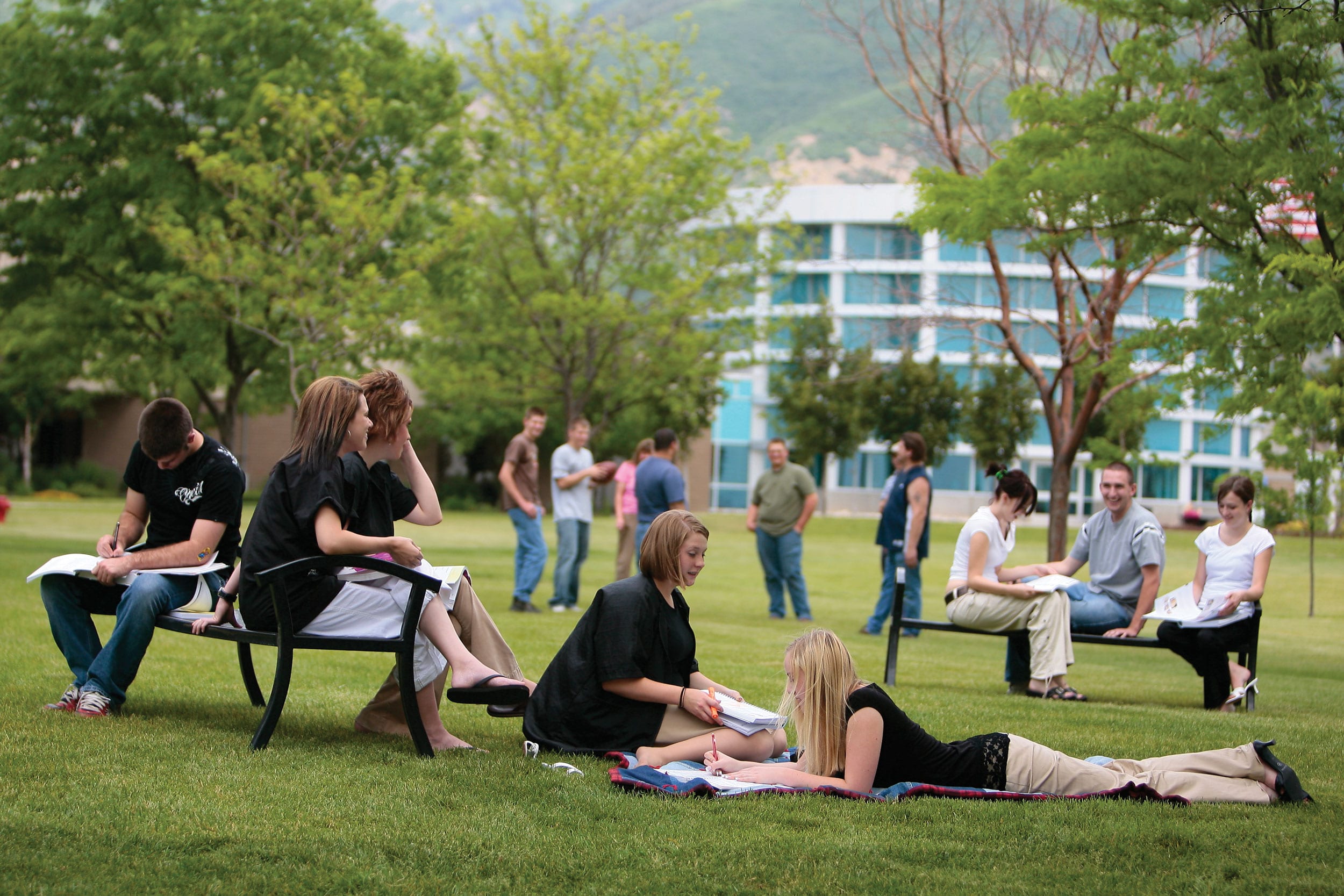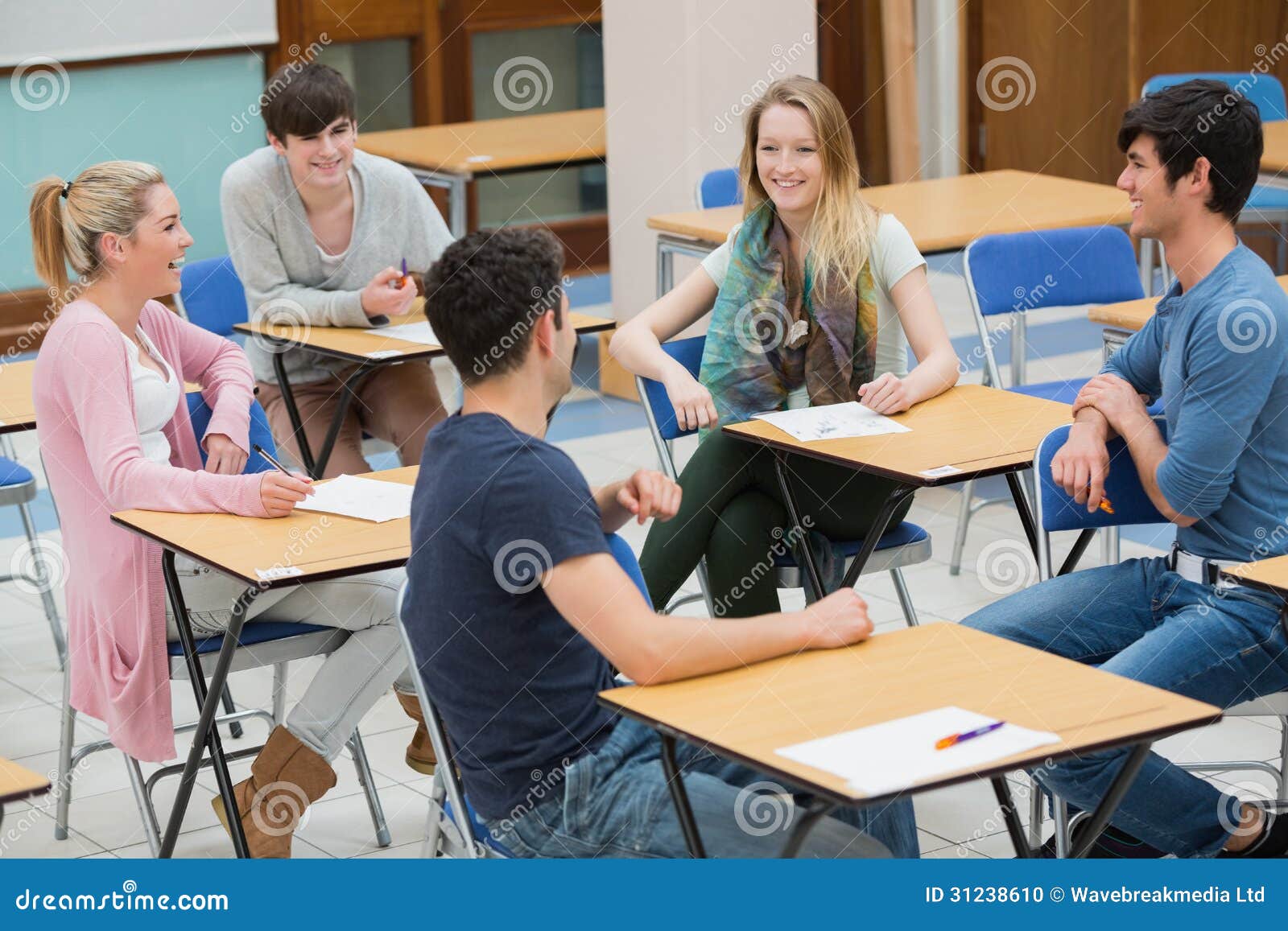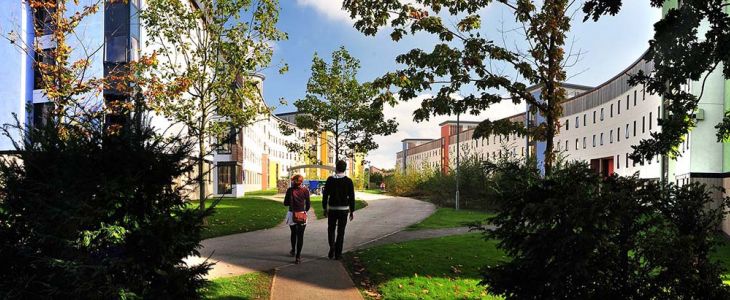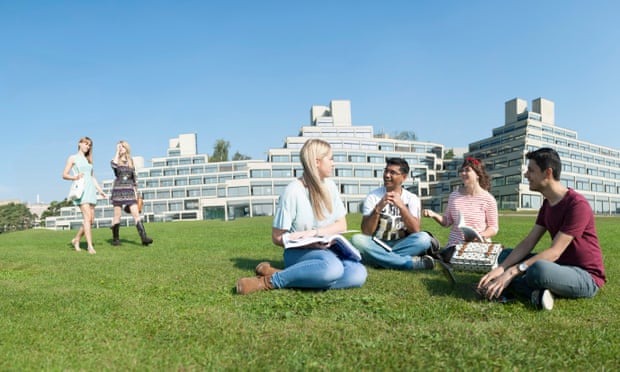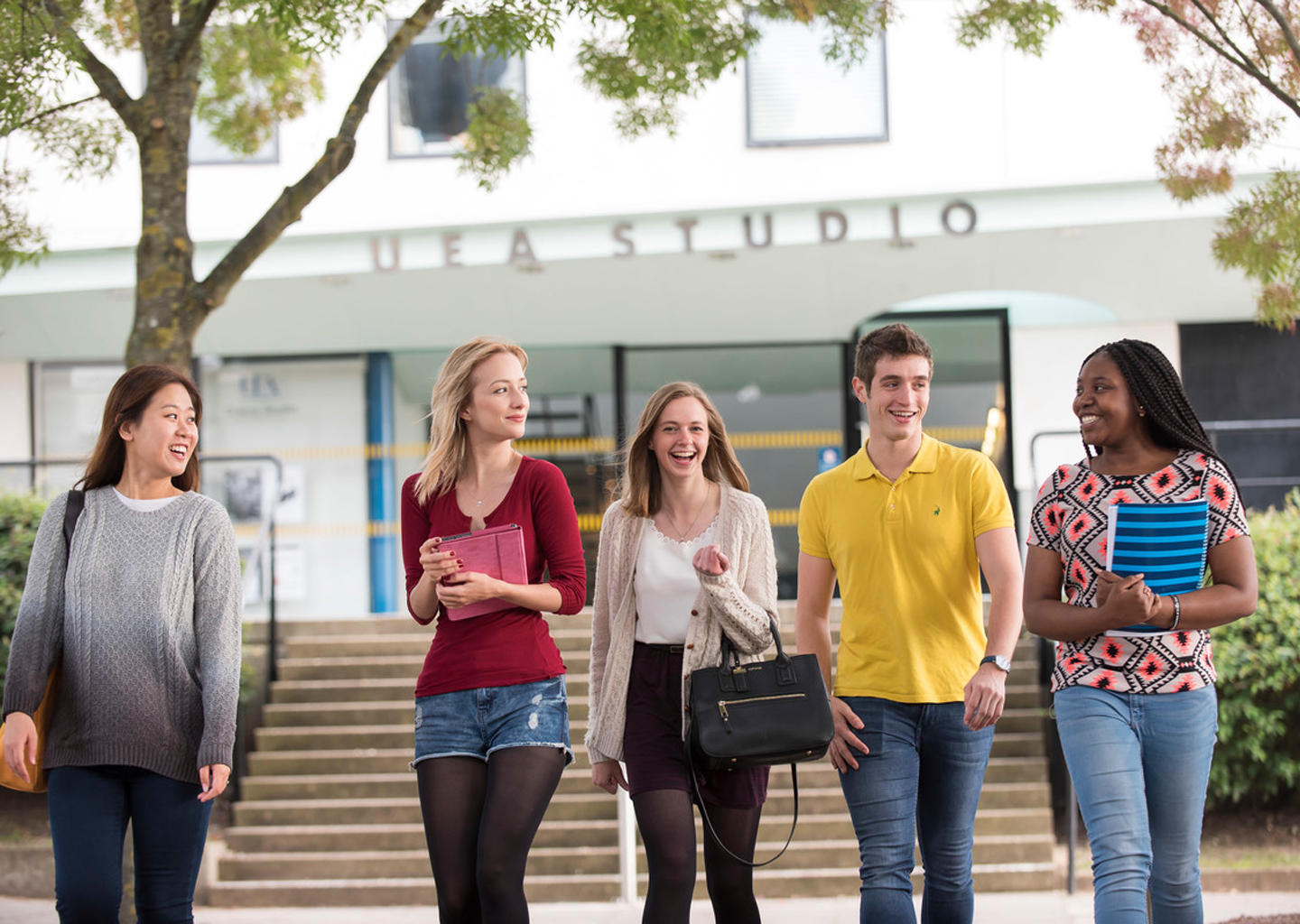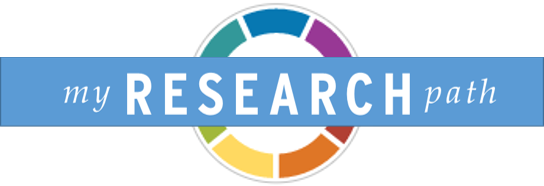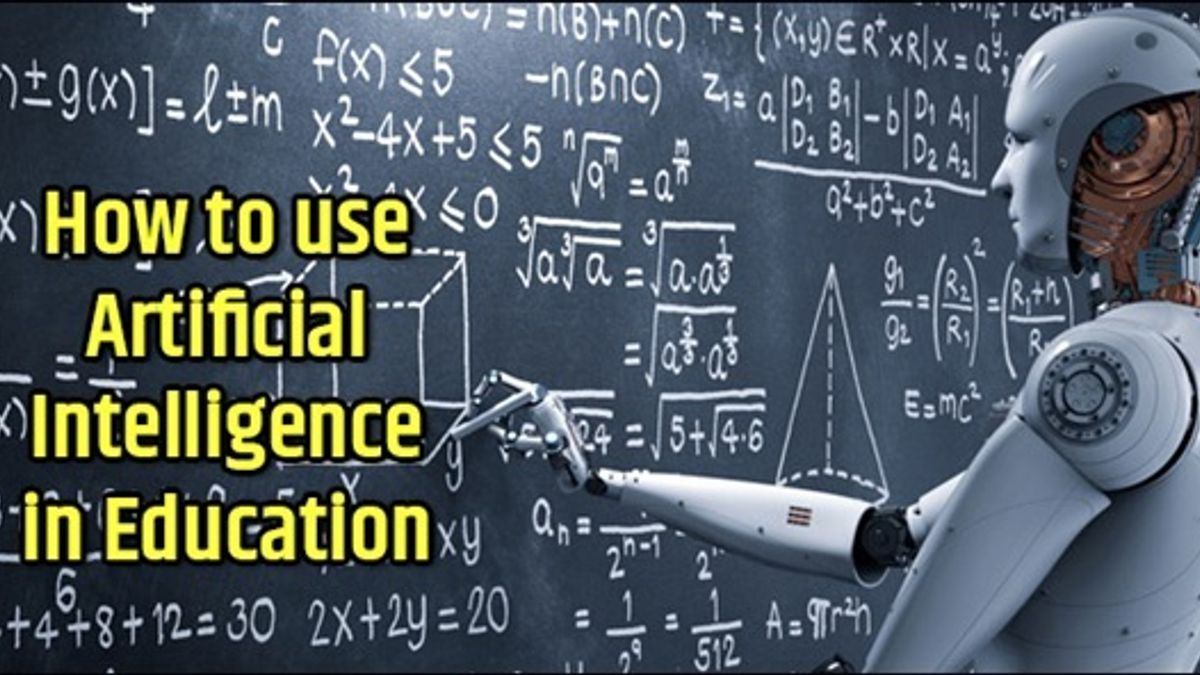With so many education researches, I am bringing back
zones that highlight the top solutions that you want to
see in my site. You will again be able to pinpoint
exactly what you want to find, what you want to reach
and where you want to go. Therefore, participants can
expect to leave my workshops or education training
sessions with new skills they can immediately begin
implementing, which will ultimately lead them to
enhanced performance and
increased success in






